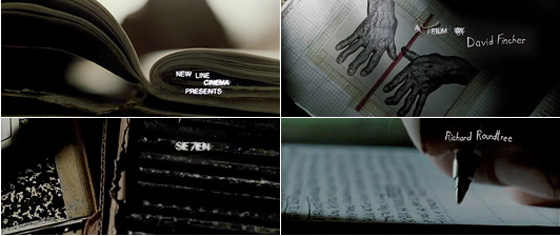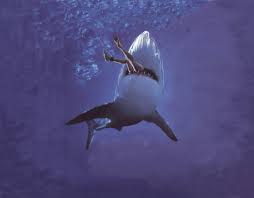Sound – Ms Begum
What is sound?
In reference to films, sound is used to create an understanding to the audience without including a visual concept and to create more meaning about the character and their emotions. Moreover, sound is also used to create a response from the audience. For example if there was a sudden loud noise it would make the audience jump. As shown in the example, sound is important in films because of the huge impact it has in understanding what’s happening in a scene. Such as music that builds tension adds suspense to the scene.
In reference to films, sound is used to create an understanding to the audience without including a visual concept and to create more meaning about the character and their emotions. Moreover, sound is also used to create a response from the audience. For example if there was a sudden loud noise it would make the audience jump. As shown in the example, sound is important in films because of the huge impact it has in understanding what’s happening in a scene. Such as music that builds tension adds suspense to the scene.
Terms learnt in lesson:
Diegetic sound:
This is a
type of sound that’s a part of the film, and that the character him/herself can
hear as well as the audience. For example, the telephone ringing at the begining scene of 'scream'
This is when
the sound is not a part of the film and the audience is only aware of it. An example
which would be the soundtrack of 'se7en' while the credits are playing at the begining of the film. This gives information that’s specific
only to the audience information about the film which the characters aren't able
to hear.


On screen sound:
On screen
sound is when the audience can see where the sound is coming from, such as in scarface when Al Pacino fires a gun both the characters and the audience can hear.


Off screen sound:
An off
screen sound is when we can hear sound, but we are not aware of where the sound
is coming from but it’s still relevant to the film. For example, in 'scream'when the victim walks off into the kitchen and hears a phone call made by the killer in antoher room.
Parallel sound:
This is when
the sound we hear compliments what we see. For example frightening sounds conveyed by the antagonist followed by fightened
images or upsetting moments. The sounds that are expected would occur for the audience in a parallel sound. In the example we can see Bond walking slowly towards the victim and the parrelel sound would be the clicking of the gun.

Contrapuntal sound:
Contrapuntal
sound is the opposite of parallel sound. It’s when the sound does not match
with what’s expected of what we are viewing. The most famous thriller film example has to be
‘Jaws’ when there is scene of a happy holiday on a beach we hear the ‘dur dur’ sound
which implies the shark approaching. This would cause the audience in expecting
something bad to happen despite the positive and happy images

Conclusion:
This
research of sound helped me be acknowledgeable about the different types of
sounds that a film has and the meanings of it. These sounds are used effectivelly to create meaning and response by the audience recieving what they expect such as a parrelel sound or an on screen sound. However, at times the sounds are used in effect by not relating to the images the audience see's such as contrupuntal sounds or off screen sounds. I also learnt the sounds that
are specific for the thriller genre which would be helpful for me to use on my
own thriller trailer. One of the different types of sound techniques I could consider
using could be the contrapuntal sound technique because of the twist it could
add to my thriller trailer. It also keeps the audience at the edge of their
seats and results in the audience to expect the unexpected.

A clear post and structure is clear. Terms are defined well.
ReplyDeleteTo improve;
-provide examples from thrillers to portray a deeper understanding of each term. You should also provide some analysis here on how these sounds are used effectively to create meaning and responses.
You provide examples, but you should discuss thier use in your example by stating why you think it has been used, and the response it creates from the audience.
ReplyDelete